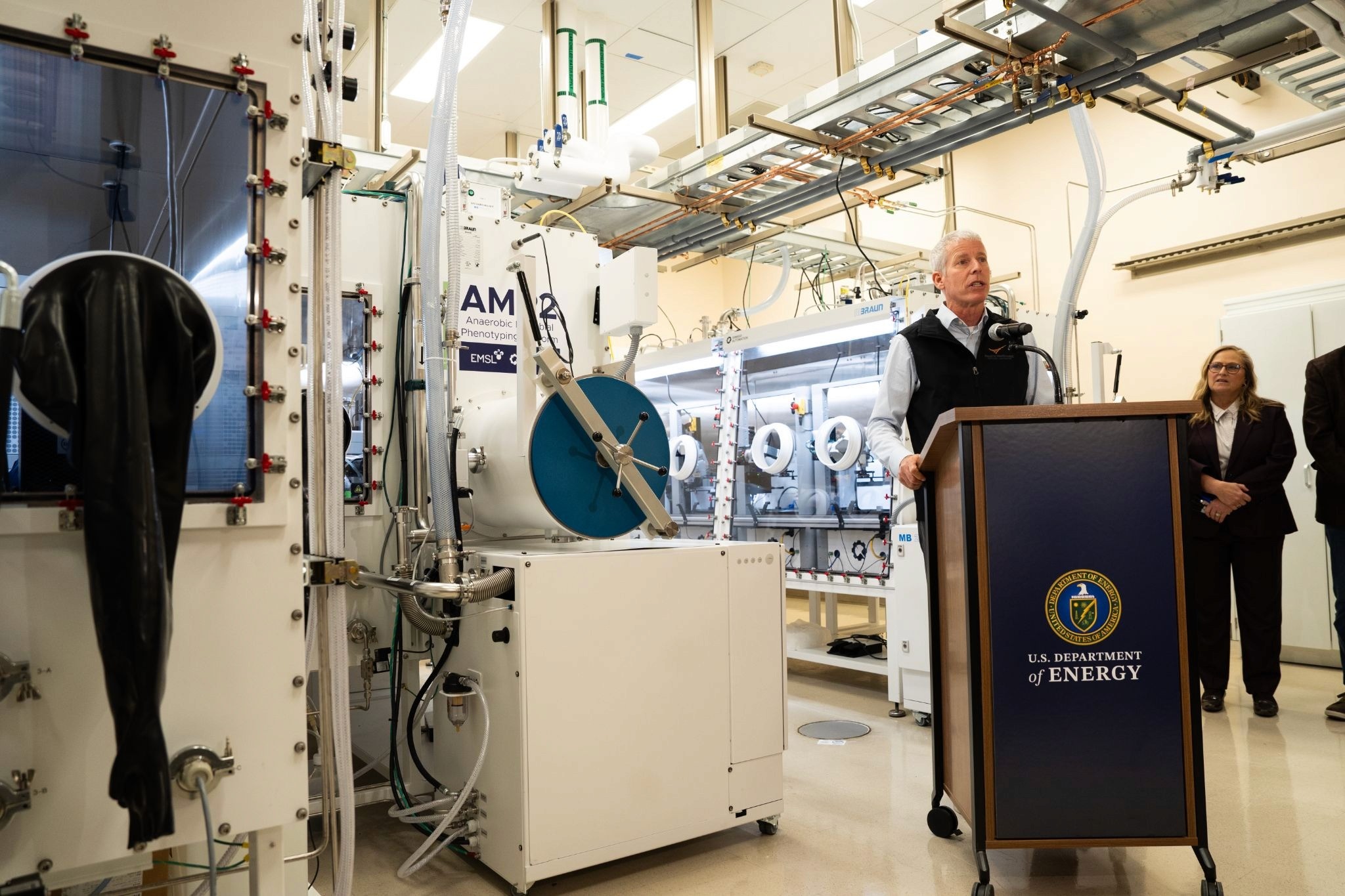The CSSBI: An index tracking performance of the synthetic biology industry
Jan 1, 1970
Every year, synthetic biology companies raise more and more money -- both public and private funds. Private investors (e.g., angel investors and venture capitalists) have been pouring more and more dollars into synthetic biology startups in recent years. But is this optimistic speculation justified? How do we know if synthetic biology is providing long-term value to its investors and the public? To measure this, I developed an index of public synthetic biology companies called, simply, the Calvin Schmidt Synthetic Biology Index (CSSBI). Before you get out your checkbook and send me large amounts of money, let me be clear: this is not an investment solicitation, and there is no fund associated with this list of companies. The CSSBI is a method for tracking the success of a representative sample of public synthetic biology companies. Also, this is not an endorsement of any of the companies listed in the index. The criteria for choosing which companies are included in the CSSBI are explained below.
How does CSSBI work?
This index started at a value of $100,000 on January 1, 2017, allocated among the chosen synthetic biology companies in proportion to their market cap. Since the start of 2018, the index is evenly allocated among three sectors: medical, industrial, and agricultural companies. For example, the percentage of the index that is allocated to agricultural companies always equals 33%, and within this category, the allocation is split in proportion to market cap. To keep the different categories from being dominated by one company, the maximum percentage of the full index that can be allocated to any given company will be reduced to 15%.I update the index allocation weekly after the market close on Friday by reallocating based on how the market caps of the various companies have changed, using the same criteria used to initially assign the allocation. I change the companies included in the index on the last weekend of each month to include newly listed synthetic biology companies or companies that I may have overlooked and remove delisted and acquired companies or companies that no longer have a synthetic biology focus. I also post a monthly report to my blog to review how the index performed that month, focusing on what drove the changes in value and which companies are joining or leaving the index.
Is synthetic biology outperforming?
Since its inception, the CSSBI index has grown by 42%, outperforming both the S&P 500 (IVV) and the NASDAQ Biotechnology Index (IBB) over the same time period. Consisting of both fewer companies and small companies, the CSSBI is slightly more volatile than both its comparable indices. When adjusting for the risk, the CSSBI’s performance falls below the IVV, but remains significantly above the IBB, implying that synthetic biology companies are outperforming other types of biotech companies.Contributing to that 42% growth were several companies that had extremely impressive performance while in the index:CompanyBusinessPerformanceGenscriptDNA synthesis and gene therapy+373%Kraig Biocraft LaboratoriesRecombinant spider silk+360%CodexisDesigner proteins for industrial and therapeutic uses+304%Dyadic InternationalCell-based expression systems for recombinant protein production+280%From the performance of the index so far, it is clear that public investors see value in synthetic biology companies. I will be continuing to monitor this index going forward, publishing weekly updates in SynBioBeta’s digest. Make sure to subscribe to keep up to date!

















